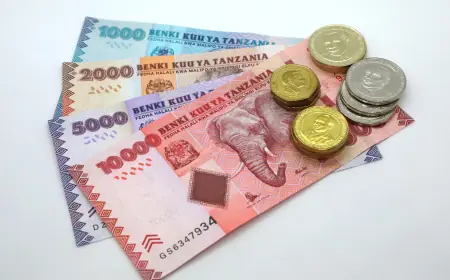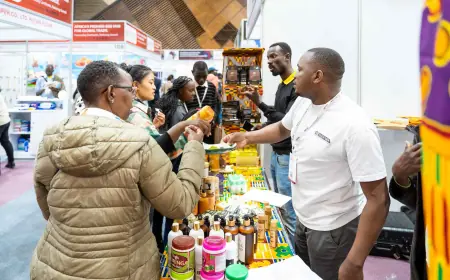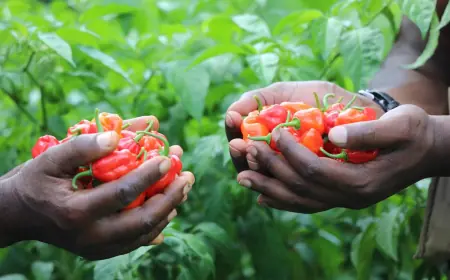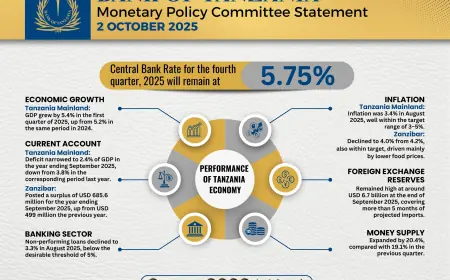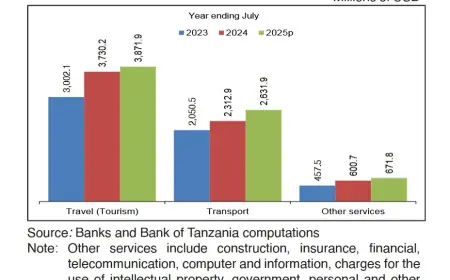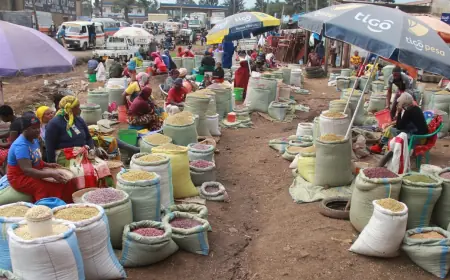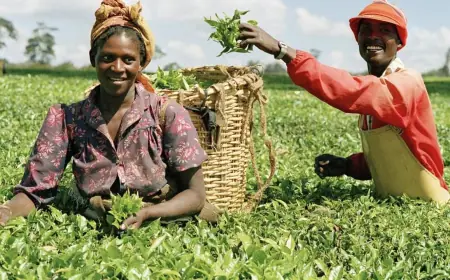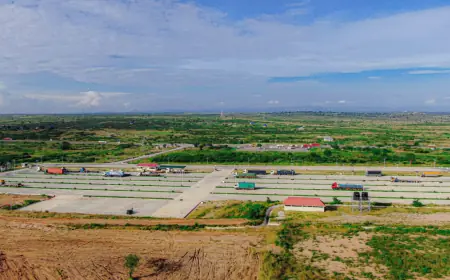Tanzania targets £1bn UK export goal by 2030, urges exporters to 'get certified'
At the centre of this strategy is a focus on horticultural and agricultural products, which the Tanzania High Commission in London identifies as key to unlocking significant trade opportunities in the British market
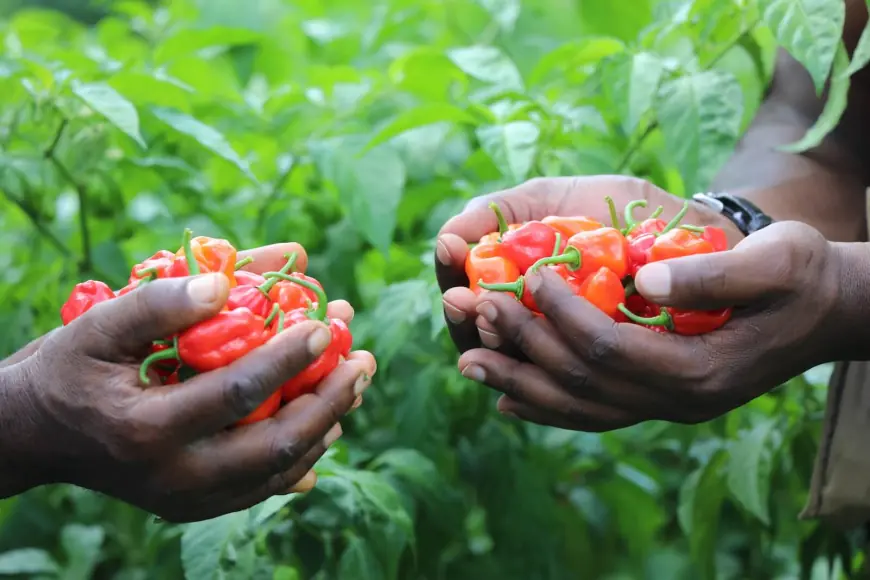
Dar es Salaam. Tanzania is charting an ambitious course to expand its footprint in the United Kingdom, setting a £1 billion export target by 2030.
At the centre of this strategy is a focus on horticultural and agricultural products, which the Tanzania High Commission in London identifies as key to unlocking significant trade opportunities in the British market.
The Commission has underscored that achieving this goal requires more than abundant produce.
Exporters must align with the expectations of UK buyers, adhere to rigorous regulatory requirements, and demonstrate reliability and professionalism.
To this end, the High Commission has circulated a comprehensive briefing document aimed at guiding Tanzanian businesses through the UK’s complex trade environment.
Quality, Consistency and Competitiveness are Keys to Market Entry
The UK market, known for its diversity in imported fruits and vegetables throughout the year, demands consistency in supply and competitive pricing.
Tanzanian exporters are advised to ensure steady volumes and avoid fluctuations that could undermine buyer confidence.
Seasonal timing is equally critical, with opportunities arising when major competitors from East Africa or Latin America are out of season.
Packaging, too, plays a crucial role.
Products must be presented attractively and packaged to withstand long transit times, meeting the exacting standards of UK retailers.
Priority Crops and High-Value Herbs
The High Commission highlights crops where Tanzania can leverage its comparative advantage.
These include okra (Indian variety Pusa Savani), passion fruit (purple variety, 42-48 counts per 2kg carton), ginger (large, low-fibre chunks of 200-400g), and Hass avocados preferred in large sizes (12-18 counts).
Oriental vegetables, such as Chinese and Thai eggplants, offer seasonal opportunities between November and April, while sweet potatoes and plantains remain steady performers.
Fresh herbs, including chives and basil, represent a fast-growing segment driven by restaurants, foodservice, and health-conscious consumers.
Though smaller in volume, herbs can yield high margins and help smallholder farmers and niche agribusinesses establish initial footholds in the UK market, particularly through air freight that capitalises on Tanzania’s proximity and seasonal production.
Navigating UK Regulatory Standards
Tanzania’s exporters must contend with one of the world’s most stringent food compliance regimes.
Post-Brexit, the UK enforces its own Sanitary and Phytosanitary (SPS) rules. Vigilance over pest control, particularly thrips and fruit flies, and pesticide residues is essential.
The Import of Products, Animals, Food and Feed System (IPAFFS) requires pre-notification of consignments, with risk classifications determining the level of scrutiny, from certificates to physical inspections.
Non-compliance can result in costly rejections, destruction, or re-dispatch of goods.
High Commissioner Mbelwa Kairuki stresses that “paperwork matters as much as produce.”
All documentation, airway bills, invoices, packing lists, and certificates, must match precisely, including container numbers and botanical names.
Certifications for Retail Market Access
To enter UK supermarkets and high-value retail chains, Tanzanian exporters must secure internationally recognised certifications.
These include GlobalG.A.P., SMETA v7 with SEDEX membership, BRCGS for packhouses, and LEAF certification for access to chains such as Tesco and ASDA.
Without these certifications, Tanzanian produce may be restricted to wholesale and niche markets, missing out on larger-volume retail opportunities.
Building Trust with Buyers
Beyond regulation, buyer confidence is a key determinant of long-term success. Exporters can strengthen credibility by providing seasonal crop calendars, demonstrating professional conduct, and ensuring reliable supply.
The High Commission advises leveraging support systems, including the Tanzania Horticulture Association (TAHA) and UK government agencies such as DEFRA and the Food Standards Agency, for guidance, compliance assistance, and market intelligence.
As Tanzania positions itself to become a more significant player in the UK market, the message from the High Commission is clear: strategic planning, rigorous compliance, and consistent quality will be as important as the fruits and vegetables themselves.
What's Your Reaction?
 Like
0
Like
0
 Dislike
0
Dislike
0
 Love
0
Love
0
 Funny
0
Funny
0
 Angry
0
Angry
0
 Sad
0
Sad
0
 Wow
0
Wow
0
























